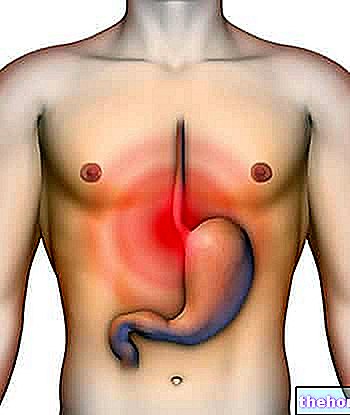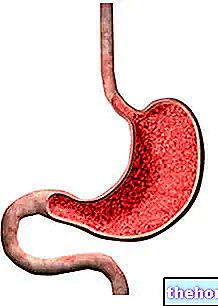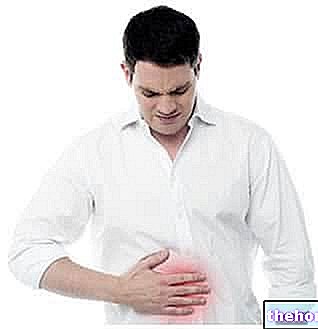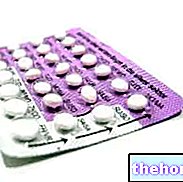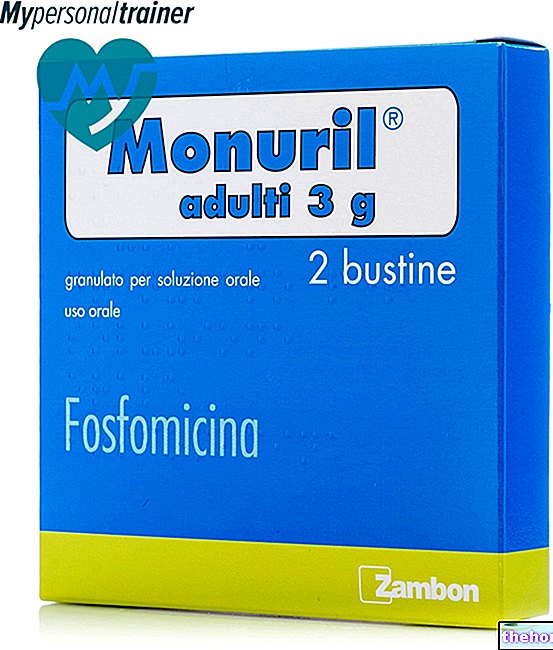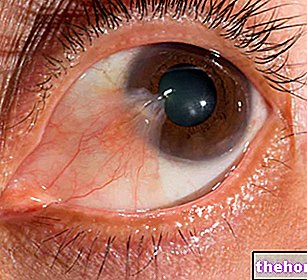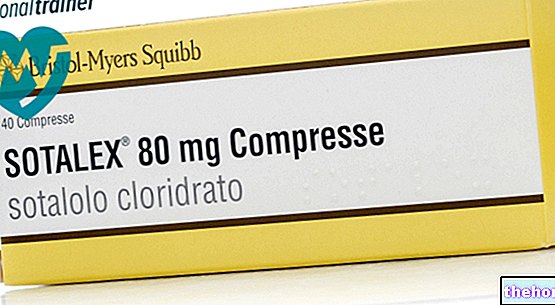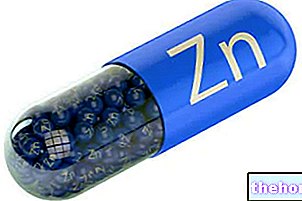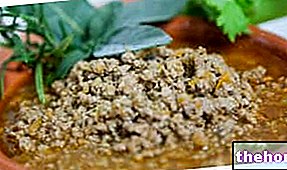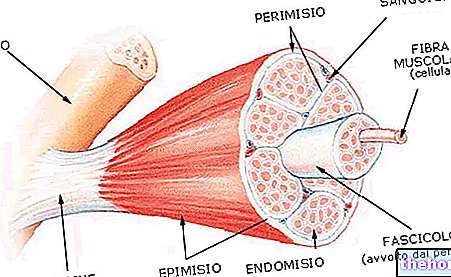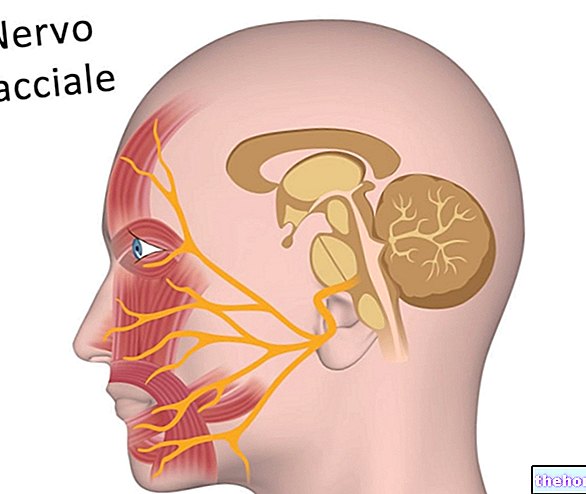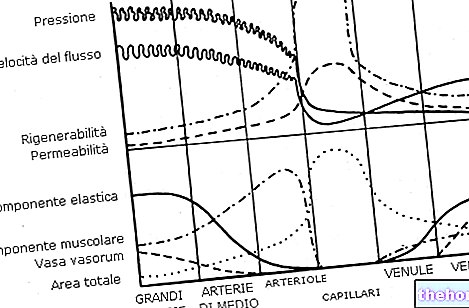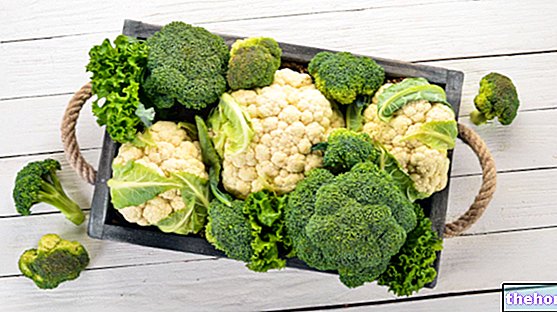Atrophic gastritis is a chronic inflammatory process of the mucous membrane of the stomach.
Symptoms and Complications
Chronic inflammation of the stomach walls causes the loss of the glandular component, subverting normal gastric function; thus, in the presence of atrophic gastritis, there is a gradual onset of hypochlorhydria and achlorhydria, with dyspepsia and gastrointestinal disorders associated with hypergastrinaemia, deficit or lack of secretion of pepsinogen and intrinsic factor.
Furthermore, in the absence of adequate treatment, pernicious anemia and hyperhomocysteinemia due to vitamin B12 deficiency may occur, especially in the elderly.
In the presence of atrophic gastritis, the risk of gastric cancer is also increased, especially when the disease has autoimmune origins.
Causes
Atrophic gastritis can be caused by chronic gastric inflammation - like that Helicobacter pylori dependent - or have an "autoimmune origin."

Complications
Both forms are statistically related to a higher incidence of stomach cancer; in autoimmune disease, the association with Hashimoto's thyroiditis, thyrotoxicosis, myxedema, Addison's disease and type I diabetes is also more frequent.
The damage to the gastric mucosa is due to the action of bacterial "toxins" or to the action of the aforementioned antibodies; between the two forms, it is more pronounced in autoimmune atrophic gastritis.
Other articles on "Atrophic Gastritis"
- Gastritis: Diagnosis and Treatment
- Gastritis
- Gastritis: Symptoms and Complications
- Gastritis - Medicines to cure Gastritis
- Diet and gastritis
- Gastritis: natural remedies
- Gastritis: nutrition and natural remedies
- Remedies For Gastritis

